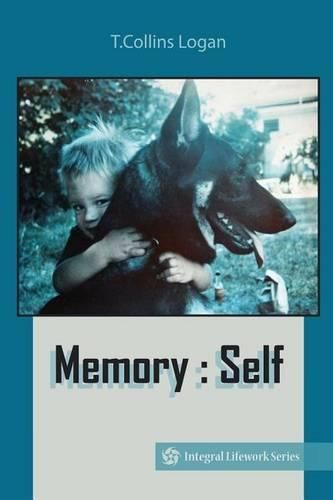Readings Newsletter
Become a Readings Member to make your shopping experience even easier.
Sign in or sign up for free!
You’re not far away from qualifying for FREE standard shipping within Australia
You’ve qualified for FREE standard shipping within Australia
The cart is loading…






Drawing on entertaining and sometimes harrowing stories from his childhood, T.Collins Logan explores the structure and meaning of memory and its relationship to personal identity in his life. First he develops a simplified cognitive model of memory, integrating other memory systems - such as somatic and spiritual - into a dynamic landscape, the memory field. He then introduces an integral method of consciously influencing these memory systems over time, active memory reorganization (AMR). The main focus of the book then becomes the application of AMR to his own experiences and self-concept. T.Collins is primarily concerned with how to apply these ideas in a therapeutic context, and in particular the enhancement of self-care within the nourishment paradigm of Integral Lifework. There are plentiful examples of how AMR can influence identity, with practical tools and techniques to enhance the process. This is an excellent resource for investigating how self-concept evolves, how memory supports identity, and how to mitigate barriers to well-being through the reshaping of memory.
$9.00 standard shipping within Australia
FREE standard shipping within Australia for orders over $100.00
Express & International shipping calculated at checkout
Stock availability can be subject to change without notice. We recommend calling the shop or contacting our online team to check availability of low stock items. Please see our Shopping Online page for more details.
Drawing on entertaining and sometimes harrowing stories from his childhood, T.Collins Logan explores the structure and meaning of memory and its relationship to personal identity in his life. First he develops a simplified cognitive model of memory, integrating other memory systems - such as somatic and spiritual - into a dynamic landscape, the memory field. He then introduces an integral method of consciously influencing these memory systems over time, active memory reorganization (AMR). The main focus of the book then becomes the application of AMR to his own experiences and self-concept. T.Collins is primarily concerned with how to apply these ideas in a therapeutic context, and in particular the enhancement of self-care within the nourishment paradigm of Integral Lifework. There are plentiful examples of how AMR can influence identity, with practical tools and techniques to enhance the process. This is an excellent resource for investigating how self-concept evolves, how memory supports identity, and how to mitigate barriers to well-being through the reshaping of memory.